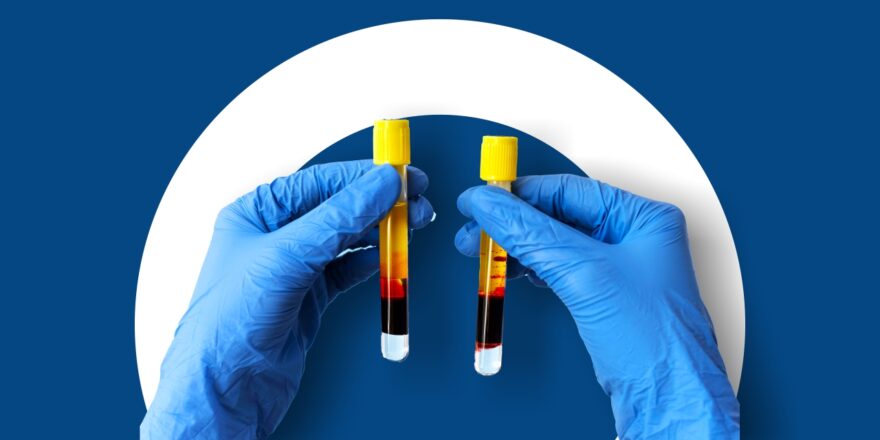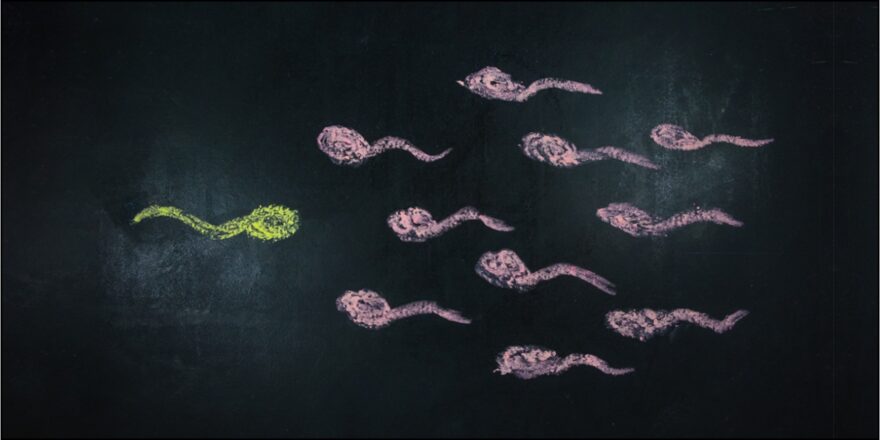Nowadays, there are a lot of questions about the impact of i-pills on female fertility. Does i-pill affect future pregnancy chances? Are there any fertility concerns after taking an I-pill? The simple answer to these questions is No. There is no impact of emergency contraception on the reproductive health of a female. The i-pill only delays the cycle of ovulation in which eggs will be released late.
Long-Term Effects of I-Pill on Female Fertility
There are no long-term effects of the i-pill on female fertility but some common side-effects of the i-pill are:
● Stomach cramps
● Vomiting & Nausea
● Headaches
● Delayed or early menstruation
● Abnormal menstrual cycle
● Physical pain such as fatigue & dizziness
● Abnormal vaginal bleeding or discharge
● Temporary hormonal fluctuations
How Does I-Pill Work?
I-Pill is an emergency contraception pill. It has a hormone in it called progesterone that helps to prevent pregnancy. The regular birth control method is not affected by the I-pill. It will mainly delay the process of ovulation which will postpone the release of eggs. If fertilization and implantation occur then i-pills are not effective. Already existing pregnancy cannot be ended by an i-pill.
I-Pill Side Effects on Fertility and Conception
The i-pill has short-term effects on fertility in a woman. It is designed in a way that it can temporarily control the birth but not permanently. The excessive use of i-pill surely has side effects on the female body such as hormonal disturbance, delayed periods, or changes in the menstrual cycle.
The natural hormonal balance in the female body will get disturbed with increased use of i-pill. It will also delay the ovulation process. If after taking an i-pill, a woman feels major or severe changes in the menstrual cycle then it is important to take advice from a healthcare professional.
I-Pill Effectiveness
The I-pill effectiveness depends on the time when it is taken after unprotected sex. It is more than 95% effective when taken during the first 24 hours. If it is taken between 25-48 hours then i-pill effectiveness reduces to 85%. However, it will reduce to 58% or less, if taken between 49-72 hours.
As per research, annually 7 out of 100 women get pregnant who take emergency contraceptive pills. It is advised that you consult a doctor if you vomit within 2 hours after taking an i-pill because it will affect the effectiveness of the pill.
Are There Any Age Restrictions on Taking I-Pills?
The I-pill is advised for women aged between 25-45 years. The i-pill is an emergency contraceptive pill so it is not safe for adolescents. It is important to keep in mind that youngsters should not take these regular birth control pills because their reproductive organs are still in the developing stage.
Does I-Pill Increase the Risk of Ectopic Pregnancy?
When a fertilized egg implants and grows outside of the uterus, usually in the fallopian tube then it results in an ectopic pregnancy. The risk of ectopic pregnancy is not increased by i-pill. If you experience some of the symptoms like major abdominal pain, abnormal bleeding, or dizziness then it is important to consult with a doctor.
How to Reduce I-Pill Side Effects?
● Follow the instructions recommended by the doctor
● Don’t overdose on the tablet
● Avoid taking i-pill if you have any allergy
● Drink plenty of water to reduce dehydration
● Don’t take I-pill on an empty stomach





